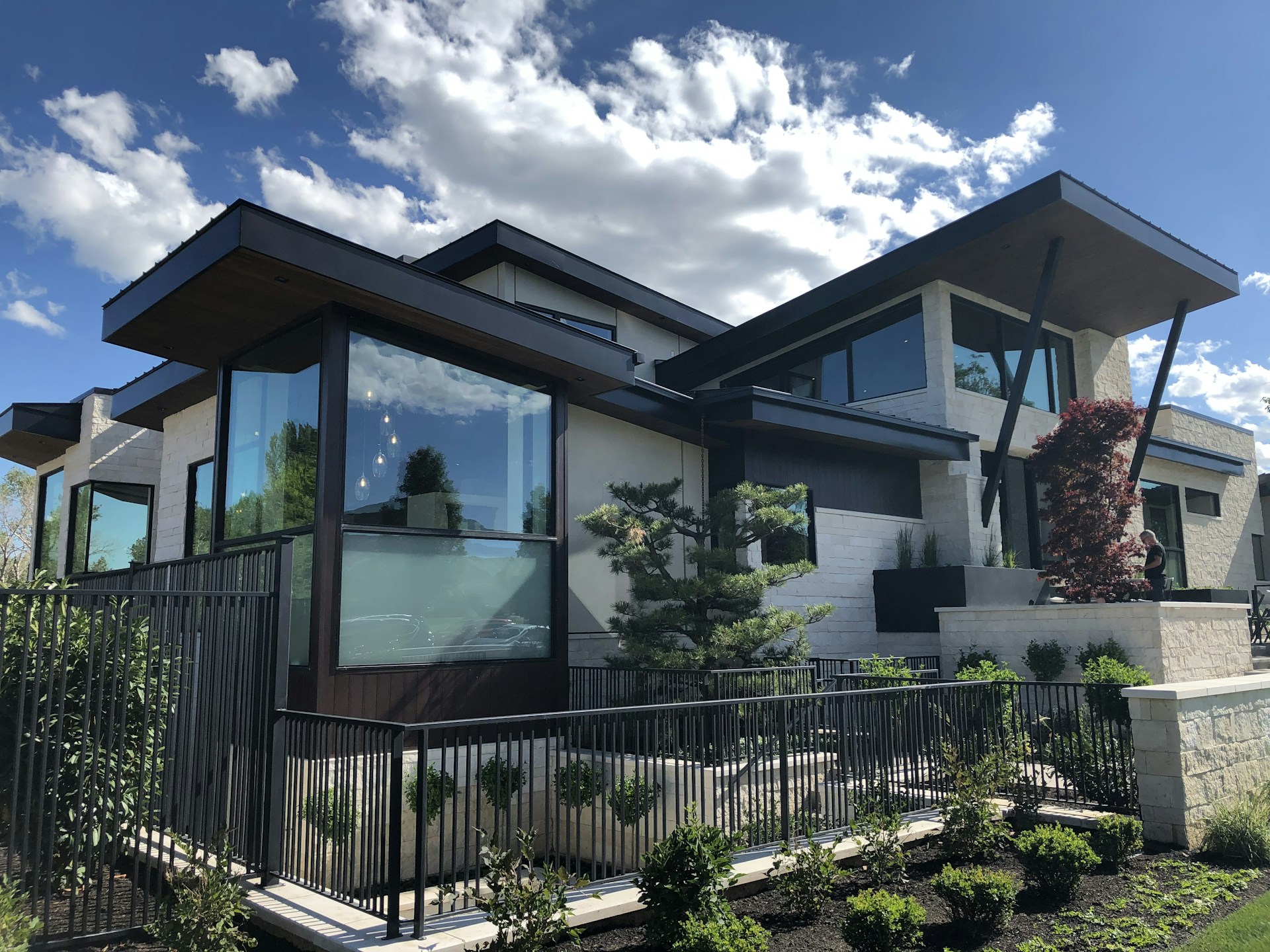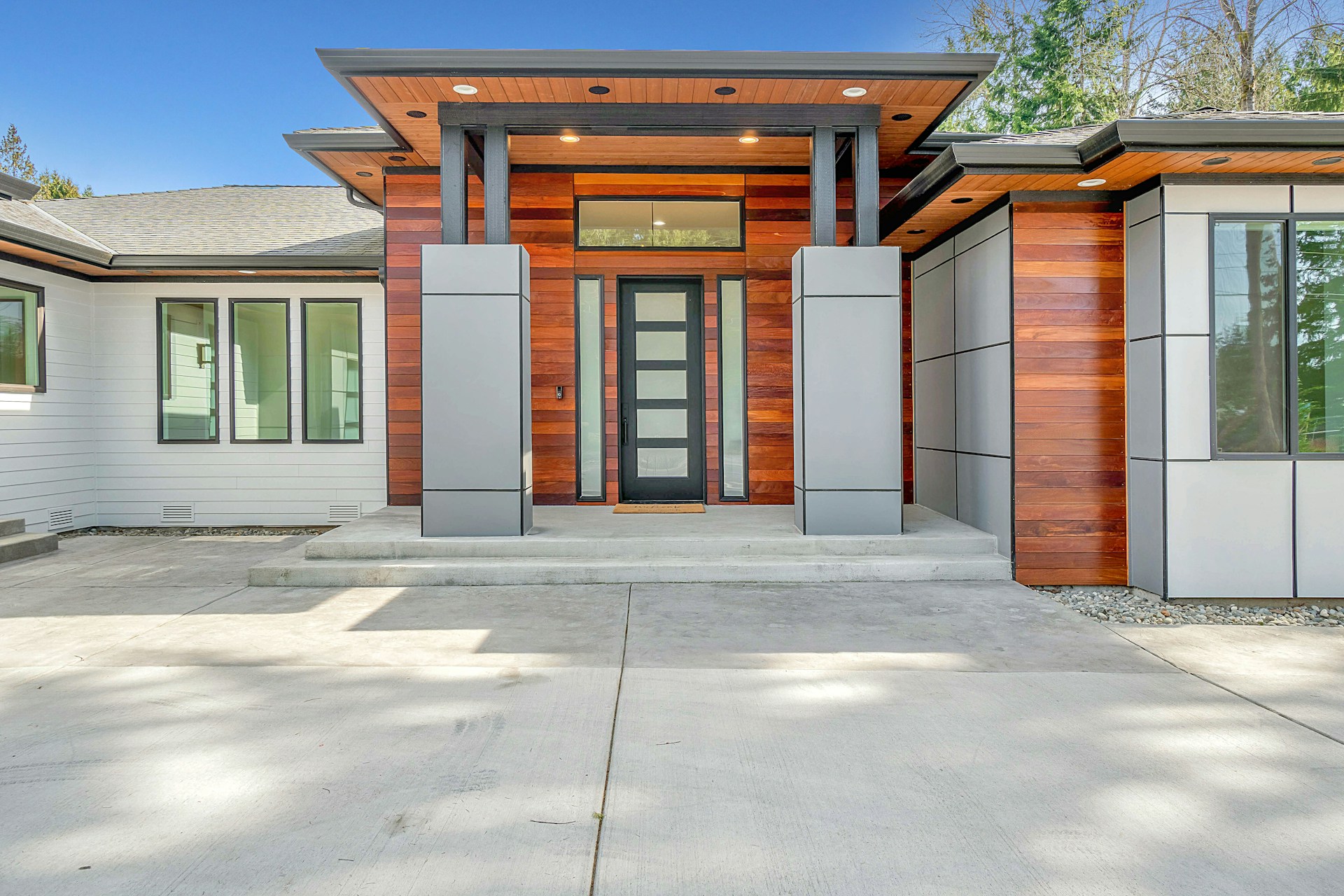Anyone looking to buy a home will typically have several options available to them to assist in financing their purchase. Many buyers will often opt for a conforming or FHA loan. But there are instances where this may not be enough, forcing you to consider a jumbo loan.
A jumbo loan comes in handy when you’re looking to buy a property whose purchase price exceeds the limits of a conventional/government-sponsored loan. These limits are created by entities such as the FHA, VA, Fannie Mae, or the USDA.
They tend to vary from county to county and are intended to reflect the home values in the target region. As a result, if you want to buy a home whose value is more than the predetermined amount for that county, you’ll need to apply for a jumbo loan.
Advantages and Disadvantages of a Jumbo Mortgage
Before learning about the pros and cons of jumbo loans, you should note that many homebuyers pay cash on the spot when buying a home. But as you may have guessed, not everyone can afford this, necessitating others to seek financing.
Given the current state of the economy, not every buyer can afford to have six-figure savings in their accounts. For this reason, many would-be homeowners are left with one option – to visit a bank and request a home loan.
The process to get financing starts with a check on your creditworthiness, which includes looking at several qualifying factors such as:
- Interest Rate: Jumbo loans tend to have a higher interest rate than conventional/conforming loans:
- Down Payment: Depending on the lender, you may have to pay at least 15% of the purchase price. You can learn more about this by contacting the mortgage experts at District Lending.
- Appraisal: Lenders may require a second appraisal to help them ascertain the actual value of the property you want to buy.
- Debt-to-Income Ratio: Try to maintain a debt-to-income ratio of at least 36% to qualify for a jumbo loan.
- Personal Assets: The lender may require you to have at least six months of mortgage payments in your savings account or real estate holdings.
What is a Jumbo Loan?
As you learn about the jumbo loan pros and cons, you’ll find that these loans are also called non-conforming loans. In 2022, the FHA had set the conforming limits at $647,200, signifying a six-figure increase from two years ago. These limits do vary from one state to the next.
For example, states such as Manhattan and San Francisco will usually have higher limits as they are perceived as high-cost housing markets. In areas such as Hawaii, the limits may even be higher than the national average.
While Fannie Mae and Freddie Mac were set up to help secure home loans, loans in the seven-figure range are way too big for the government to secure. And this means that the lenders have to carry all the risks, making these loans hard to access.
How Much is a Jumbo Loan?
The limits set for a jumbo loan can vary from one county to another, even within the same state. For example, Los Angeles and Alameda counties have limits of up to $822,375, while Tulare and Fresno have limits of up to $356,362. Mark you, they are all counties in California.
It all comes down to the county where you want to buy a home. Keep in mind that these limits are what define a conforming mortgage. They help guide a lender on how big a loan they can extend before it becomes a non-conforming/jumbo loan.
You should note that anyone applying for a jumbo loan to buy a large property or invest in a high-cost area can’t take advantage of facilities such as the FHA. The same applies to VA loans, although some veterans can qualify for a VA jumbo loan.
Everything You Need to Know About a Jumbo Loan
As you’ll learn below, taking a jumbo loan has several advantages and disadvantages.
Jumbo Loan Pros
- Higher Loan Limits
The most obvious benefit offered by a jumbo loan is, well, its large size. You can use this loan to buy larger properties in counties where the real estate market has high-value homes. A jumbo loan will work favorably for a buyer who can’t afford to put down that much cash.
Even as you learn about the pros of jumbo mortgages, you should remember that these loans are only for personal residences. They are, thus, not the way to go for a person looking to raise cash for a real estate investment venture.
You may want to consider real estate crowdfunding for such an undertaking.
- Low Down Payment
Traditional banks prefer when a client raises at least 20% down payment. If a borrower can’t raise this amount, the lender will require them to take out a private mortgage insurance (PMI) policy. The policy will protect the mortgage provider if you default on the loan.
Fortunately, borrowers interested in a jumbo loan can get away with a down payment that’s as low as ten per cent and, in some cases, even five per cent. Part of the reason for asking for a down payment is to protect a lender from a borrower’s credit risk.
When issuing a jumbo loan, the lender will do so knowing that a borrower has solid finances. That said, those in charge may also determine that they are ready to accept a smaller percentage of the overall cost of the home as a down payment.
- Opportunity to Buy a Larger Home
Today, more and more families are choosing to rethink the way they are living. Some opt for multi-generational homes having elderly family members, adult children, and grandchildren.
On the other hand, there are single home buyers who choose to buy with their friends, siblings, or life partners. When you have multiple people living under one roof, it means that the opportunity to buy a larger home makes sense for most contemporary borrowers.
Applying for a jumbo loan helps make this a possibility.
- Buy in a More Desirable Market
Most of the country’s more desirable markets tend to see home prices far higher than the FHFA’s conforming mortgage limits. With a jumbo loan, you get a chance to choose the best neighborhoods and live in the more desirable resort communities.
This can pay dividends later in terms of appreciation when these markets enjoy increased demand.
Cons of Jumbo Loan
- High-Interest Rates
If you’re looking for an answer to the question, ‘is a jumbo loan a bad idea?’ be advised that these loans pose a significant credit risk. The loan amounts extended to you are high, plus the lender can’t resell it as it’s a non-conforming loan.
The only way for them to make up for this credit risk is to charge a higher interest rate.
However, many jumbo loans have interest rates comparable to those of conforming loans. Unfortunately, the only way to know what the bank will offer you is to meet its representatives and kickstart the borrowing process.
Take your time to understand how different loan types can offer distinct repayment terms, especially when it comes to the applicable interest rates. Where possible, try to shop around, allowing yourself enough time to find a lender with the best rates and repayment terms.
- Borrowers Must Have a Clean Credit Profile
For borrowers looking to learn ‘what are the disadvantages of a jumbo loan’ note that you must have a remarkable credit profile to get this loan. The bank issuing the loan is extending a significant amount to you, and it will not want to lose it via a foreclosure process.
While the home may be sizable and high-priced, no bank is in the business of offloading a home or property in distress. Therefore, the lender would prefer you pay them on time and take up ownership of your asset.
If your credit score has some problems, you can try to make up for this by putting down a larger down payment. For example, if you have ever filed for bankruptcy, you may have to wait for seven to ten years before qualifying for a jumbo loan.
- Additional Closing Costs
Number three on this list of jumbo loan disadvantages is the fact that this loan will come with expensive closing costs. Its closing costs are, in many cases, calculated as a percentage of the total mortgage.
Furthermore, lenders will require you to set aside a certain amount as a cash reserve for use in making repayments for the first six to twelve months. Although this isn’t a typical requirement, the bank will want to hedge itself against risk, hence the stipulation.
While we’re on the subject, this is also an excellent practice for all homebuyers. Where possible, you’re advised to set aside some money in a separate account to help fund your repayments for the first twelve months.
- More Lenders to Choose From
The top reason to stick to a mortgage that conforms to the set limits is that you have more options when it comes to choosing a lender. As we have established, Jumbo loans present more risk than loans that conform to the limits set by Fannie Mae.
As such, the government agency can’t buy a jumbo loan mortgage from the company that has made it – meaning the bank’s own capital will be at risk if you fail to repay the mortgage.
- Large Down payment Needed
When dealing with a conventional mortgage, borrowers can sometimes get away with paying less than a 20% down payment. But this doesn’t apply to a jumbo loan. A jumbo lender will require a minimum 20% down payment, forcing you to save more ahead of buying a home. It also means that you’ll end up tying up more money in that home from the get-go.
Is a Jumbo Loan Right for You?
After going through the above list of jumbo loan advantages and disadvantages, you’re probably left wondering whether this loan is right for you. The truth is that it may be your only choice if you’re looking to buy in an expensive market.
Fortunately, it’s not all gloom, as some jumbo loans may offer better rates. Considering their stringent qualification requirements, consider working on your credit profile. While at it, you may also want to start putting together a cash reserve or down payment.
Even for a borrower who qualifies for a jumbo loan, it doesn’t hurt to look at your position (life and financial) to confirm that you’re making the right choice. Don’t get yourself into a 30-year commitment if you aren’t convinced you can afford it.
FAQs
What Is A Jumbo Loan?
It refers to a mortgage that extends the limit set by the Federal Housing Finance Agency for conforming loans. A jumbo loan is, therefore, a non-conforming loan that a lender can’t resell to Freddie Mac and Fannie Mae, making it a risky undertaking.
How Much is a Jumbo Loan?
The amounts set by the FHA vary from county to county, with high-cost living areas such as Hawaii, Manhattan, and San Francisco having higher limits. You’re advised to research the county you’re interested in before applying for financing.






